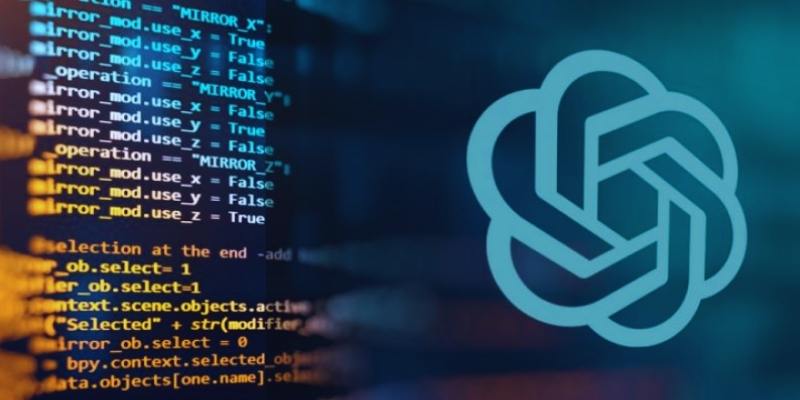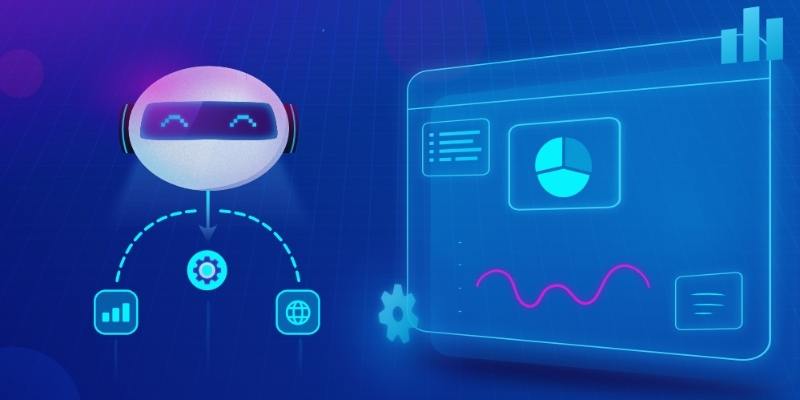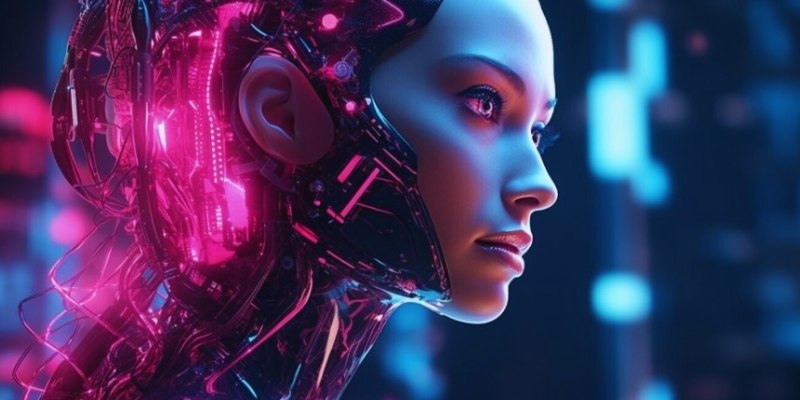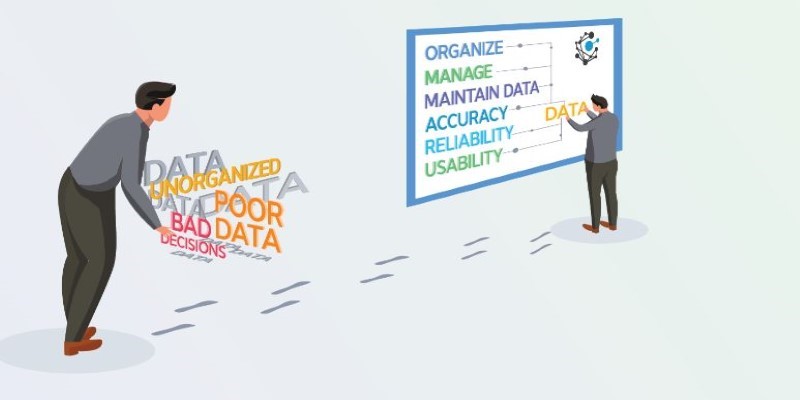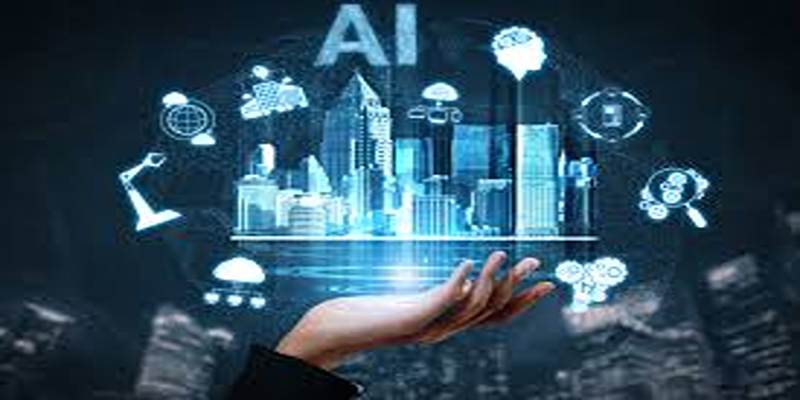Artificial Intelligence (AI) is increasingly becoming an integral part of our daily lives, shaping everything from the devices we use to the way businesses operate. One area where its impact is particularly pronounced is the workforce. AI and automation technologies are revolutionizing industries, creating both opportunities and challenges for workers.
As AI continues to evolve, it is crucial to understand how it influences job roles, the skills required, and the broader implications for the economy and society. In this article, we will explore the ways AI is transforming the workforce, highlighting the positive and negative consequences and offering insights into how workers can adapt to this changing landscape.
The Rise of Automation and Its Influence on Job Roles
AI is revolutionizing the world by automating various industries. It is replacing humans with machines in several sectors, including manufacturing, retail, and transportation. AI systems and robots are simplifying processes and making them more efficient in all these sectors.
For instance, automated warehouses are using robots to handle goods instead of human labor for repetitive tasks. Self-driving vehicles are going to revolutionize the transportation sector by replacing human drivers. As automation becomes more widespread, some jobs that involve manual, repetitive tasks face the threat of obsolescence. Workers in these roles will need to reskill to remain relevant in the workforce.
While automation may represent job loss, it equally creates new jobs. With the exponential growth of AI, data science, machine learning, and AI programming are fast picking up and appear to be knocking off many companies that seek those who have possessed specific knowledge. Workers have to think ahead for themselves in terms of threats related to automation in their industry and seek training in such a field. This new trend of new roles will call for adaptability since industries change and require new skills. In such a world of AI, there will be more of a need for lifelong learning to be competitive.
The Impact on Job Quality and Worker Satisfaction
While AI is known to replace jobs, it will also change many existing jobs that can make those jobs better quality. Automation focuses workers on higher-level creative tasks and problem-solving rather than laborious manual jobs.
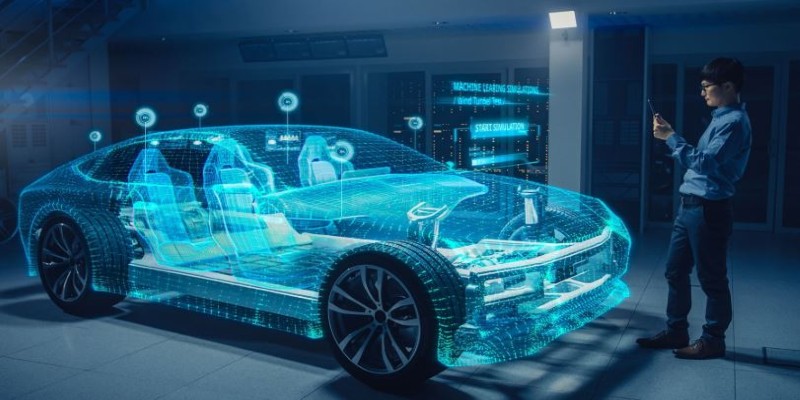
For example, in health care, the use of AI in administrative support and diagnostics saves medical professionals from spending much of their time attending to patients, making decisions based on complicated assessments, and then making diagnoses and treatment plans. This may create better job conditions and give them more meaningful things to do at work.
However, the benefits of AI may not be equally distributed across all sectors. Workers in lower-skilled, lower-wage jobs may face challenges transitioning to higher-skilled roles, while those in tech-heavy industries may find new opportunities emerging. Moreover, AI’s integration into the workforce could lead to increased surveillance and performance tracking, which some workers may find stressful or invasive. To ensure AI doesn’t negatively affect worker morale, it’s important to strike a balance between automation and human oversight. The ideal outcome is a workforce where AI supports workers rather than replacing them, offering greater productivity and satisfaction without compromising their well-being.
Ethical Considerations and the Future of Work
As AI technology advances, its ethical implications within the workforce are becoming increasingly important. One of the most pressing issues is job displacement. While AI has the potential to boost productivity, it could also lead to significant unemployment in industries that rely on manual labor. Additionally, concerns over privacy are rising as AI systems can track workers' every move, raising questions about data protection and individual rights. Bias in AI algorithms is another issue, as systems trained on biased data may perpetuate discrimination in hiring and decision-making processes.
Another ethical challenge is the fair distribution of AI’s economic benefits. As companies adopt AI to cut costs and boost profits, the wealth generated by these technologies could be concentrated in the hands of a few large corporations, leaving workers and smaller businesses behind.
To address these concerns, stronger regulations and ethical guidelines are necessary to ensure that AI benefits are shared more equitably. The future of work will require a careful balance between technological innovation and the well-being of workers, ensuring that AI is used responsibly and ethically to promote a fair and just society.
The Need for Skills in the AI-Powered Workforce
As AI continues to evolve, workers must acquire new skills to stay competitive in the changing job market. Automation may handle many routine tasks, but there are areas where human skills—such as creativity, problem-solving, and emotional intelligence—remain crucial. Workers need to develop these uniquely human capabilities to complement AI, making them more valuable in the workforce.
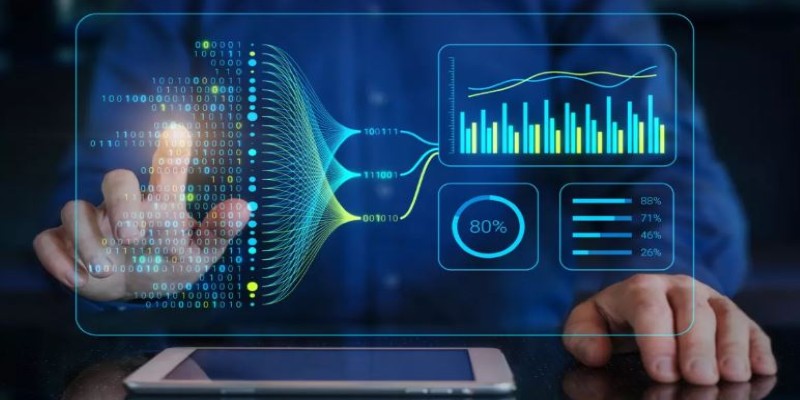
Additionally, technical skills related to AI, such as machine learning, data analysis, and programming, are becoming increasingly important. These skills will enable workers to not only adapt to new technologies but also contribute to their development and application. Gaining these skills is still possible for individuals without a background in technology.
Online learning platforms, coding boot camps, and educational programs offer accessible avenues for upskilling. By staying current with technological advancements, workers can position themselves for the growing number of job opportunities in the AI sector. Continuous learning is key to adapting to the AI-driven future. As automation becomes more widespread, workers who invest in building a diverse skill set will be better equipped to thrive in an AI-powered economy.
Conclusion
The impact of AI on the workforce is profound and multifaceted, with both positive and negative consequences. While AI-driven automation has the potential to improve efficiency and create new job opportunities, it also brings challenges, particularly for workers whose jobs are at risk of being replaced by machines. To thrive in the AI-powered workforce, workers must be proactive in acquiring new skills, embracing lifelong learning, and adapting to the changing demands of the job market. By doing so, they can ensure they remain relevant in a world that is increasingly shaped by automation and artificial intelligence.
